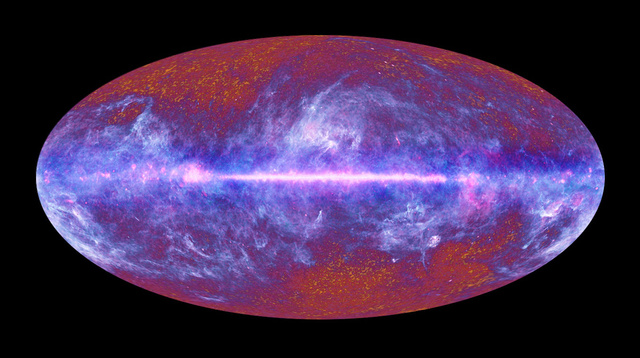Scientists Just Found The Perfect Ruler to Measure The Universe Up To 1% Accuracy
2014.01.10

How do you measure the Universe? It is so big it almost seems impossible to accurately measure the huge distances between things in it. Now a team of researchers working on the Baryon Oscillation Spectroscopic survey say they can measure distances between galaxies with 1 percent accuracy.
That's a lot actually. Professor David Schlegel, the principal investigator of BOSS, explains to the BBC:
"There are not many things in our daily lives that we know to 1% accuracy. I now know the size of the universe better than I know the size of my house. Twenty years ago astronomers were arguing about estimates that differed by up to 50%. Five years ago, we'd refined that uncertainty to 5%; a year ago it was 2%. One percent accuracy will be the standard for a long time to come."
The researchers used baryon acoustic oscillations, which are frozen imprints of pressure waves that moved through the early universe. These oscillations happen to be half a light year long and it can be used to measure distances precisely. The team presented their work at the 223rd American Astronomical Society conference in Washington DC, but a 90 percent-complete analysis of their current data is available on the Arxiv preprint server.
[arXiv via BBC]
More Articles
Copyright © Fooyoh.com All rights reserved.